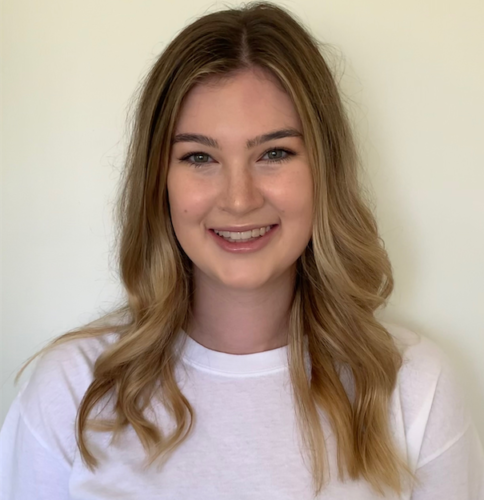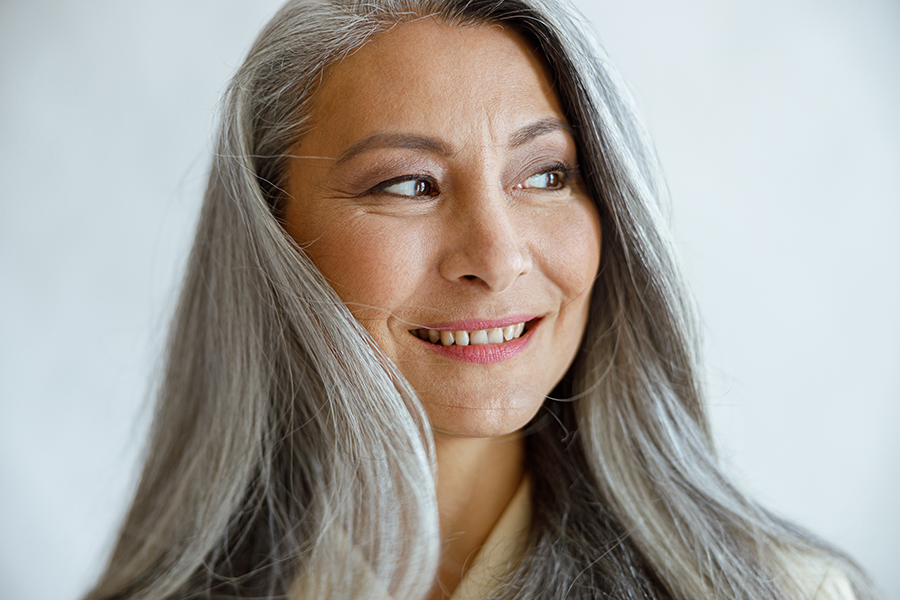DEBILITATING migraine attacks forced Victoria Williamson to give up sport, socialising and almost made her quit her studies.

Victoria, 23, originally from Melbourne, is now studying medicine at ANU and says she wants to support others living with the “invisible” condition.
Along with fellow “migraine warrior” Tammy Naughton, Victoria will run Migraine Australia’s new Canberra Migraine Warriors support group, with online support and monthly meetings. The first, at Ricardo’s Cafe, Jamison Plaza, Belconnen, is at 1pm on Saturday, January 30.
“We want to support people living with migraine and bring awareness to the condition and how severe and life-altering it can be,” Victoria says.
She says the support group is about connecting with a group of people who “get it”, in a stigma-free space.
“Migraine is this unseen thing, and a lifelong challenge I’ve found hard to deal with,” she says.
“The triggers sound small when you try to explain them and I felt like people wouldn’t really believe me – at one point, if I even saw or heard other people chewing, it could set off a migraine, and no one seemed to understand that.
“People say to me, ‘I get migraines, too’, but they have no idea what the attacks can be like. Even my GP was dismissive, telling me it was just a sinus headache.”
Migraine Australia founder Raphaella Kathryn Crosby says research has found that 94 per cent of people living with migraine felt they had been stigmatised and their condition belittled as “just a headache”.
The biggest source of stigma was doctors, then family and colleagues, many of whom don’t believe the severity of symptoms or think the person is making it up for sympathy to get out of work or to get drugs.
Victoria has lived with migraine for as long as she can remember and says that while she was in year 12, the attacks became triggered by exercise.
“That was hard for me as I was very active and loved netball,” she says.
“I’d get a migraine during the game, but the attacks got progressively worse, until I’d get one every time I did any exercise more intensive than walking. I had to give up netball entirely.”
Victoria went from playing eight times a week to zero, which affected her social life and led to her gaining weight, she says.
“I felt isolated and no one seemed to understand or take it seriously,” she says.
“An attack could last for days. I could go to sleep with one and when I woke up it would still be there. It was getting so bad I was considering dropping out of study, which was devastating.”
Ms Crosby says that although breakthrough new medications that prevent migraine attacks are becoming available, they’re not being listed on the PBS, so most people can’t access them.
“This is despite these medications being recommended by the independent Pharmaceutical Benefits Advisory Committee (PBAC) many months ago, and despite [Health Minister] Greg Hunt’s repeated claims that they would list everything the PBAC recommended,” she says.
Victoria says she’d been getting a migraine attack five times a week, and was eventually diagnosed with chronic migraine by a neurologist who was shocked she’d been living with the severe condition for so long. Since the diagnosis, she’s been trialling different medications.
“I have found medication that helps. As I was concerned that the stress of moving to Canberra to study might trigger a migraine attack, I’m having to pay a lot for medication so I can manage things,” she says.
Victoria says the biggest misconception is that migraine and headache are synonymous.
“It can be stabbing pain behind the eyes and the back of the head, plus nausea, vomiting and light sensitivity. But some people don’t get a headache at all and experience an aura or weird visual patterns,” she says.
As well as the support groups, Migraine Australia is encouraging a shift in language to help reduce stigma, such as not calling a headache a migraine, or using the word “migraine” in casual conversation.
“And, drop the ‘s’! There’s no such thing as migraines,” says Ms Crosby.
“That implies it comes and goes, and while the way migraine affects people can change from day to day, it’s always there.”
More at migraine.org.au. Join Canberra Migraine Warriors at facebook.com/groups/migrainecanberra
Who can be trusted?
In a world of spin and confusion, there’s never been a more important time to support independent journalism in Canberra.
If you trust our work online and want to enforce the power of independent voices, I invite you to make a small contribution.
Every dollar of support is invested back into our journalism to help keep citynews.com.au strong and free.
Thank you,
Ian Meikle, editor



![Canberra’s woodchopping association – the Hall and District Axemen’s Club – is rebranding to Capital Country Woodchopping.
“We didn’t want to be exclusively a Canberra association and we deliberately left any gender-specific wording out in the new name,” says president Cheyanne Girvan, 32.
“We also went a different [way] to other associations under NSW by not including ‘association’ in our name.”
Four years ago the Hall and District Axemen’s club’s membership was 25.
Cheyanne says this name change will give the club the versatility to grow into other areas and on to greater things.
To read on about Cheyanne's story with the woodchoppers, visit our website at citynews.com.au or click the link in our bio!
@@capitalcountrywoodchopping
#woodchopping #woodchoppinggirl #woodchoppingaustralia #axemen #axewomen #woodcutter #canberrastories #storiesthatmatter #citynews #journalism](https://citynews.com.au/wp-content/plugins/instagram-feed/img/placeholder.png)
Leave a Reply